USAID and UNODC Train Psychologists to Strengthen Support for Vulnerable Populations in Ashgabat
27.11.2024 | 17:25 |A specialized three-day training held in Ashgabat on November 25-27, 2024 focused on enhancing the psychological support provided to vulnerable individuals across Turkmenistan. The event, organized by the USAID Safe Migration in Central Asia (SMICA) program in collaboration with the Ministry of Health and Medical Industry of Turkmenistan (MoHMIT) and the United Nations Office on Drugs and Crime (UNODC), brought together psychologists from the state and NGO -led organizations to improve their capacity to support at-risk populations, including victims of trafficking.
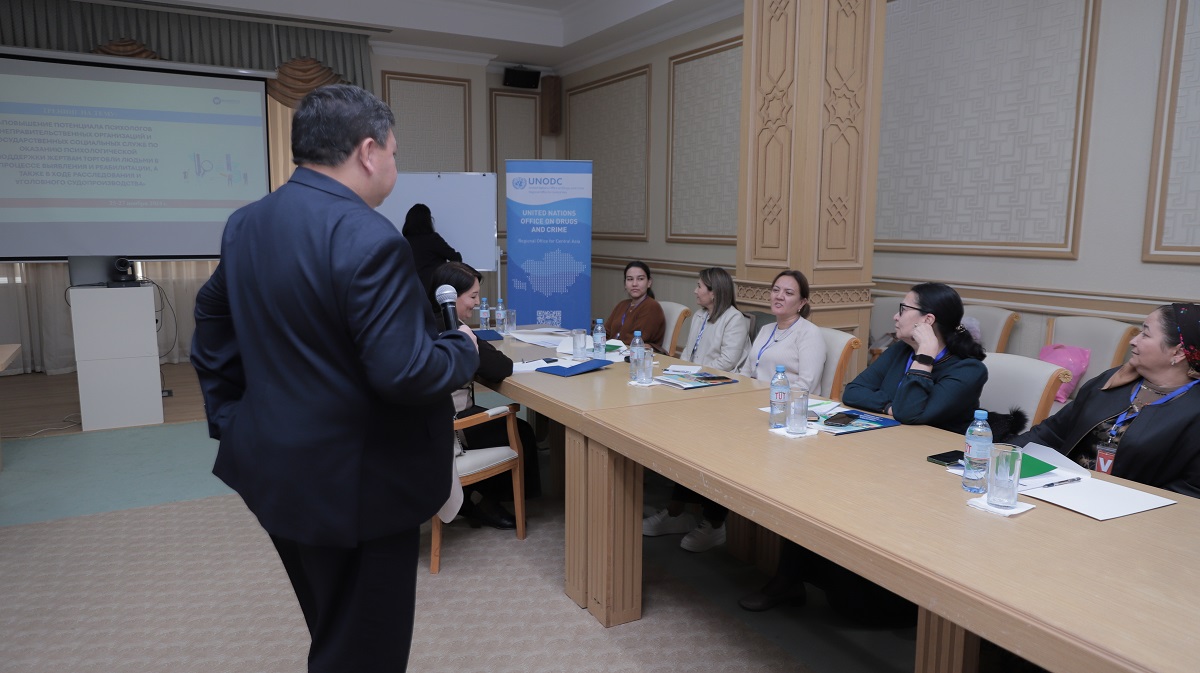
Psychologists from state institutions, public organizations, hospitals, and social service agencies from across Turkmenistan participated in the event. The training covered a variety of essential topics, including trauma-informed care, victim-centered approaches, and best practices for providing psychological support during the stages of identification, rehabilitation, and legal processes. The sessions emphasized the unique psychological needs of vulnerable individuals, with a particular focus on trauma recovery, resilience, and successful reintegration into society.
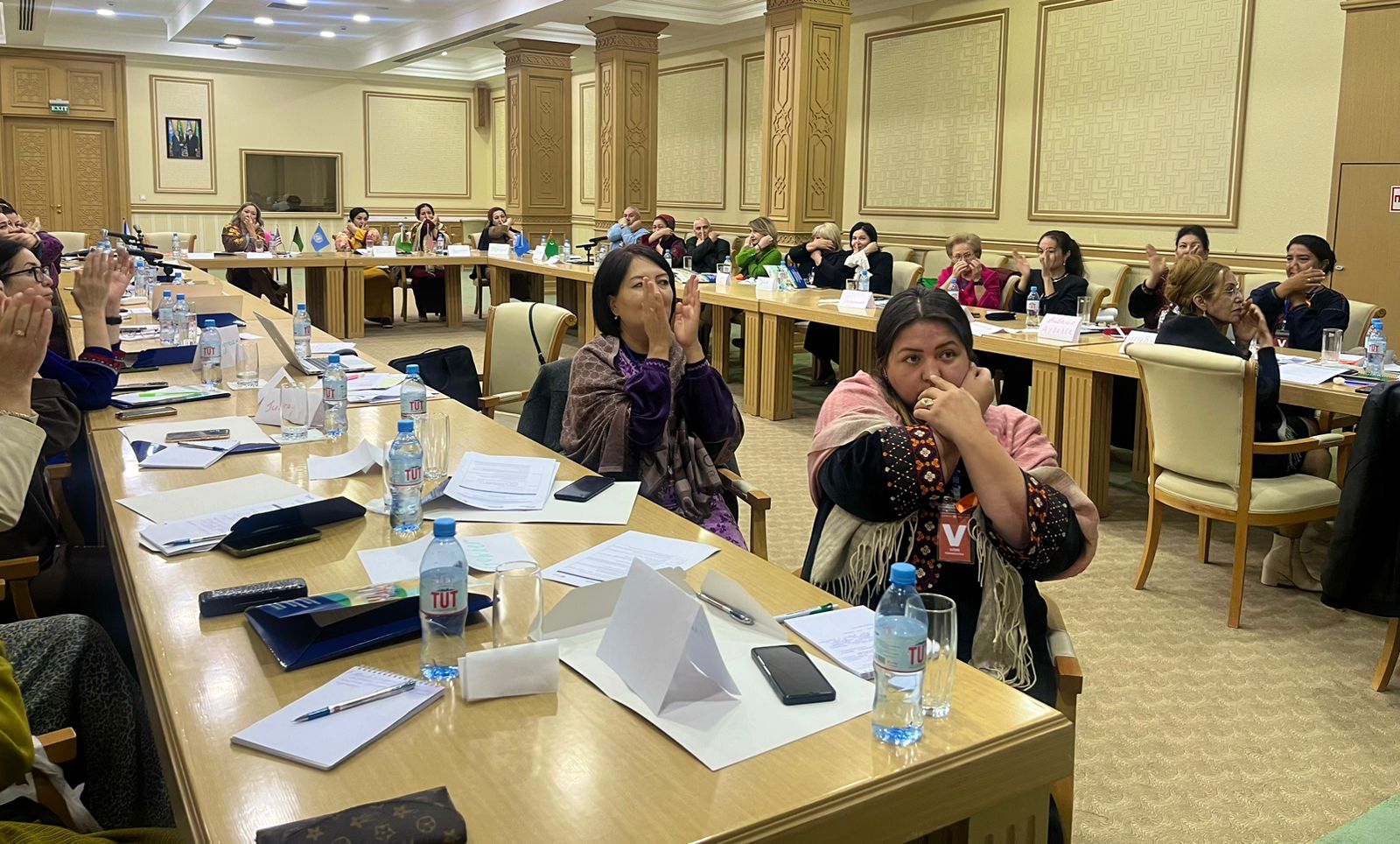
A highlight of the event was the participation of international expert Mr.Sanjar Yuldashev, Associate Professor of the Department of "Practical Psychology" of the Tashkent State Pedagogical University named after Nizami and a trainer with Winrock International. Mr. Yuldashev, an expert in psychological support for trafficking survivors, shared valuable insights into regional approaches for providing effective trauma recovery. His session covered practical strategies for psychological rehabilitation and cross-border collaboration in addressing human trafficking in Central Asia.
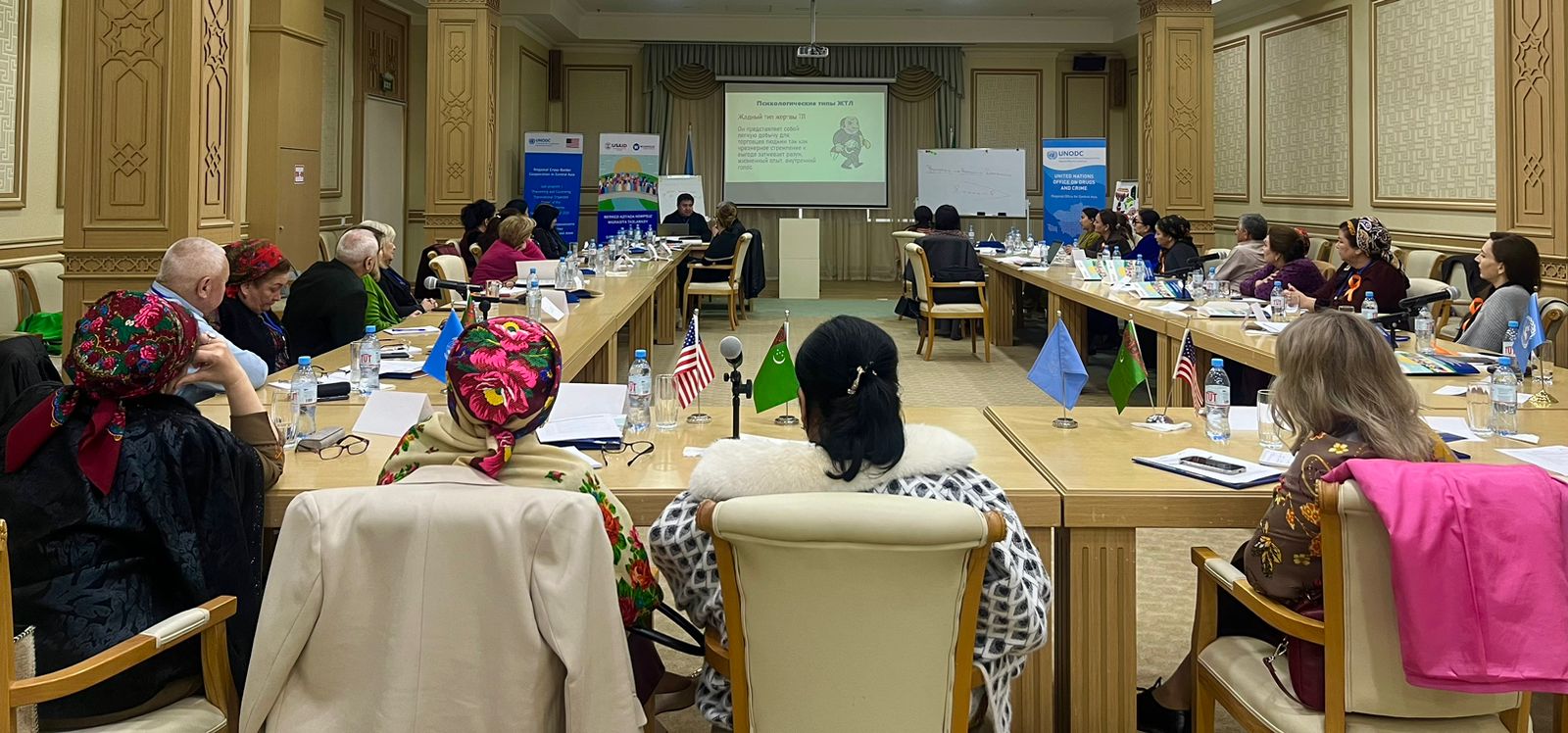
Led by both national and international experts with extensive experience in trauma rehabilitation, the training offered participants advanced techniques for assessing and supporting individuals affected by trafficking. Through practical exercises and case studies, participants gained valuable hands-on experience in applying trauma-informed approaches in real-world settings.
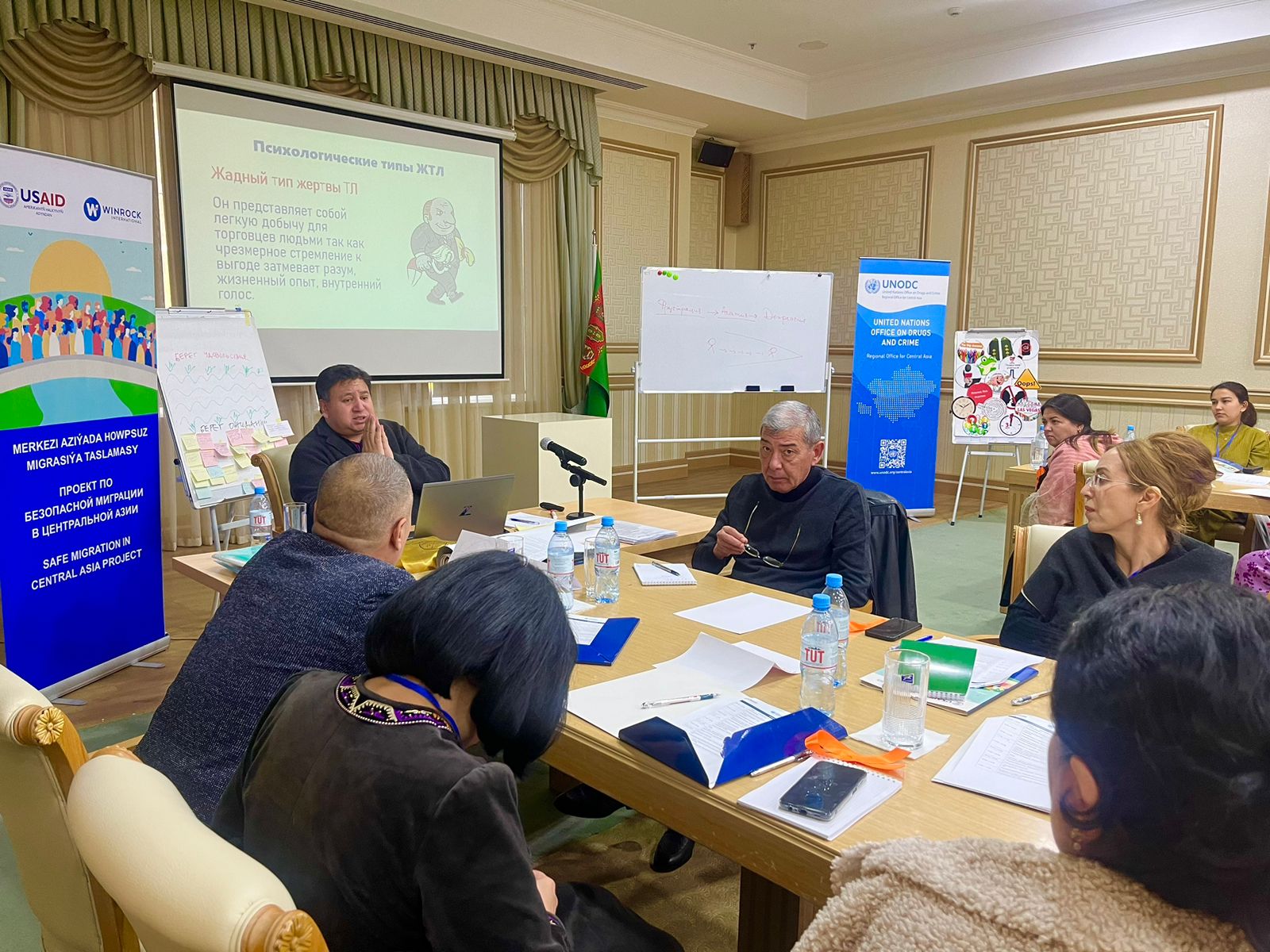
The training also reviewed Turkmenistan’s anti-trafficking framework, examining national legislation, victim identification procedures, and referral systems. A key focus was the development of Standard Operating Procedures (SOPs) for psychological care, which will help streamline and enhance the support available to vulnerable individuals. The event served as a platform for discussion, where participants identified gaps in the current system and explored potential improvements.
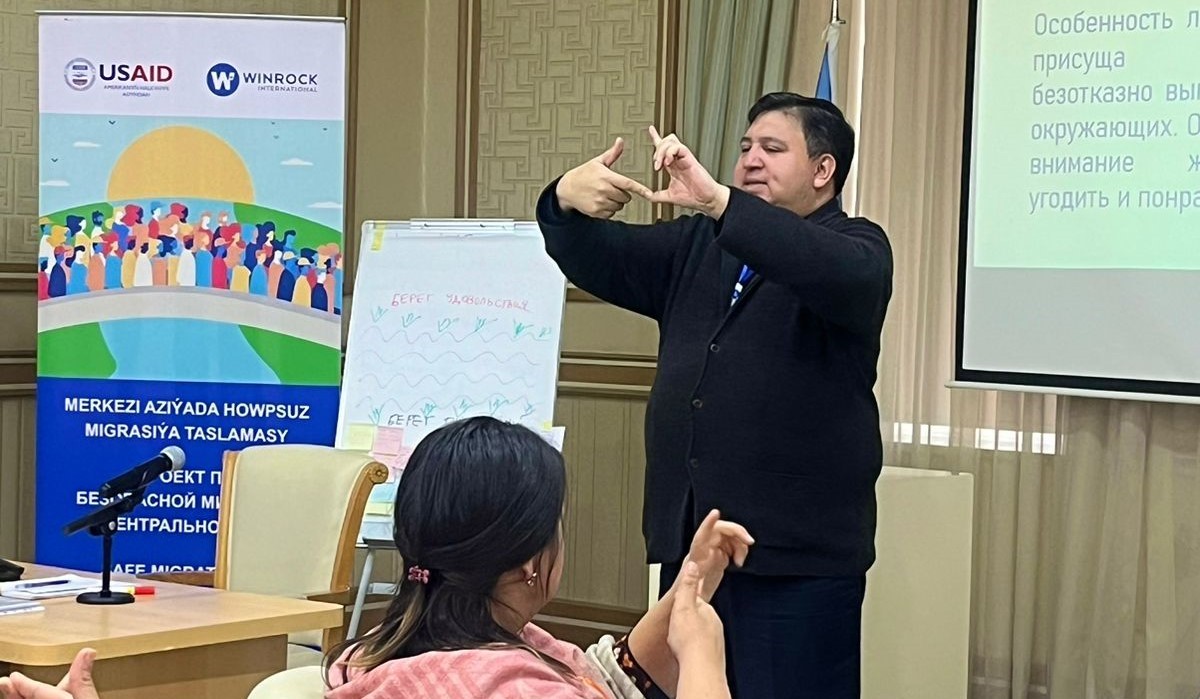
As part of ongoing efforts under the SMICA program, this training aims to strengthen Turkmenistan’s efforts to prevent trafficking and provide comprehensive support for vulnerable individuals. By equipping psychologists with advanced skills and practical tools, the initiative helps create a well-coordinated network of support, enabling vulnerable individuals to rebuild their lives and reintegrate successfully into society.
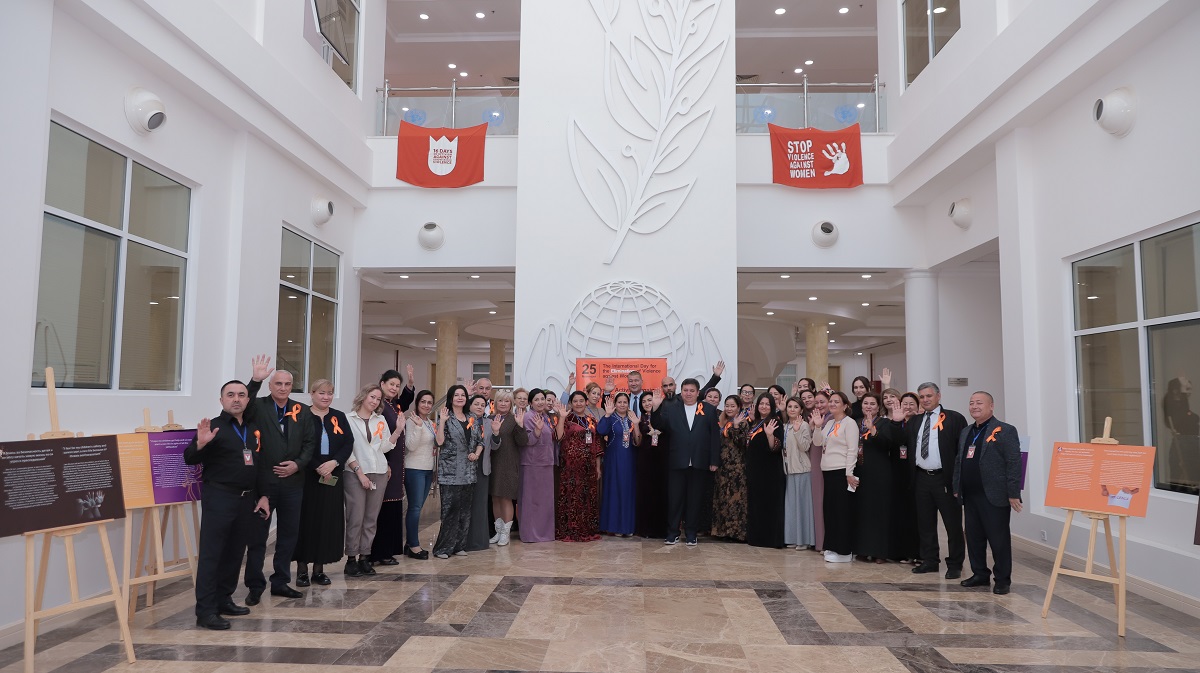
ORIENT











